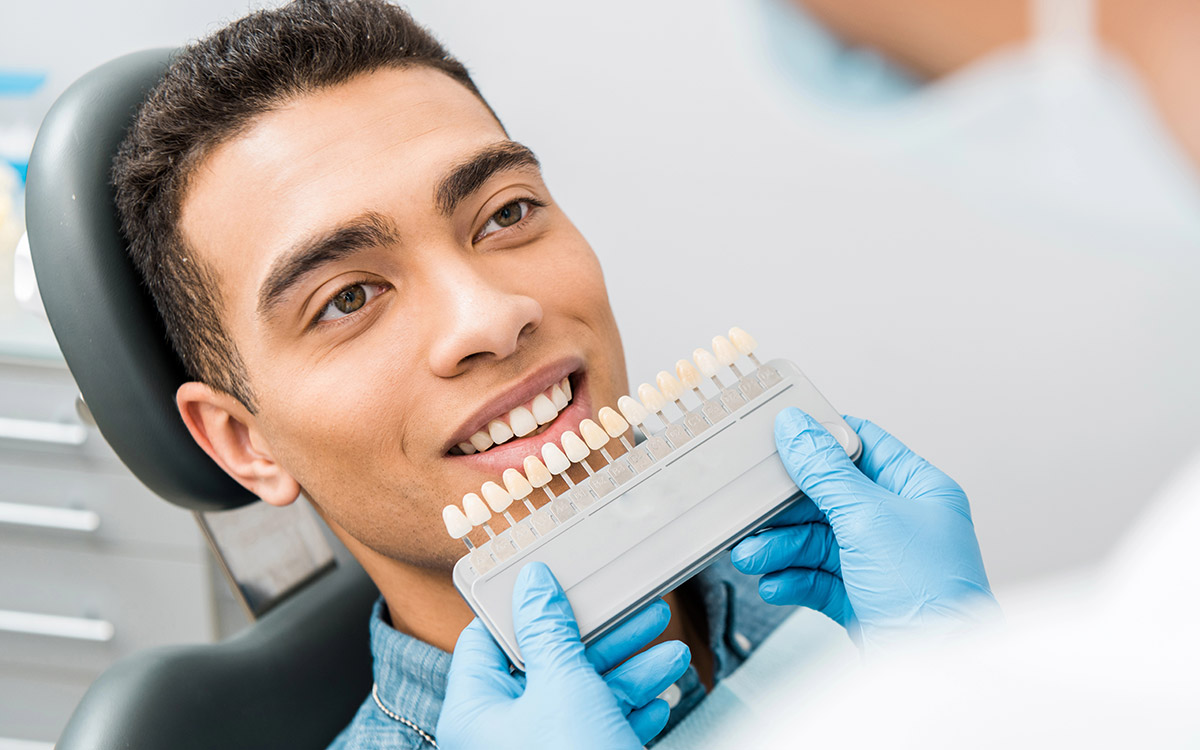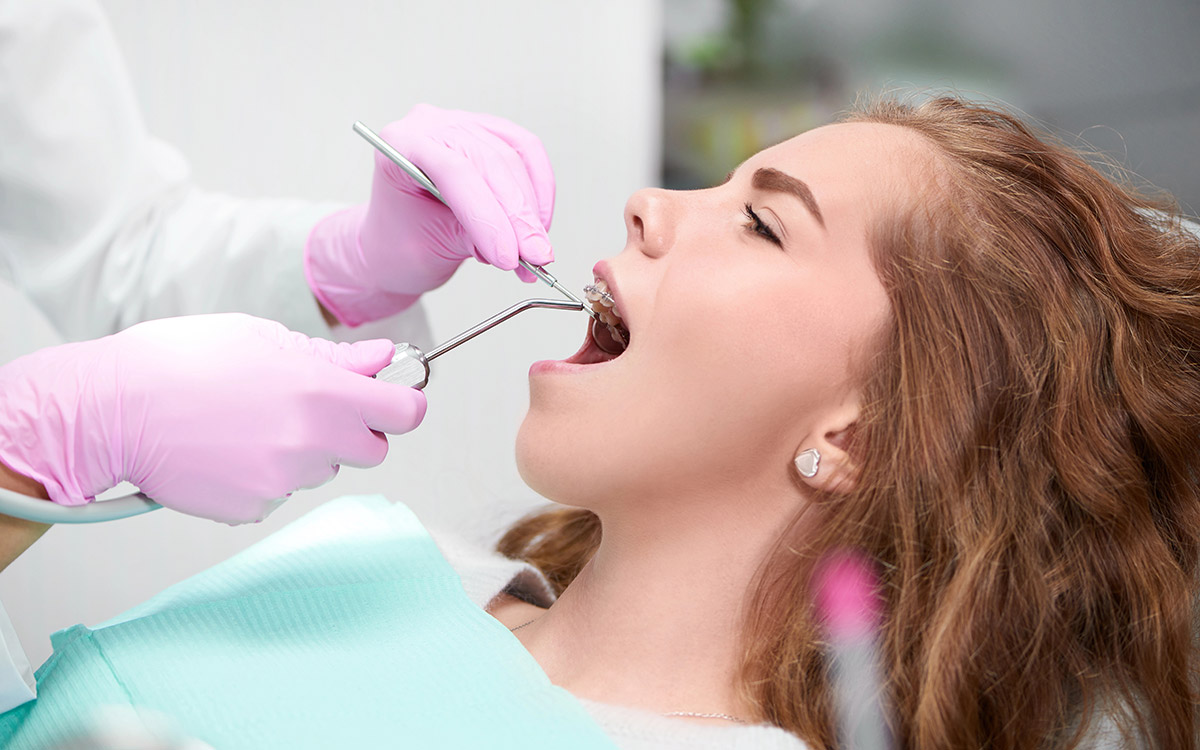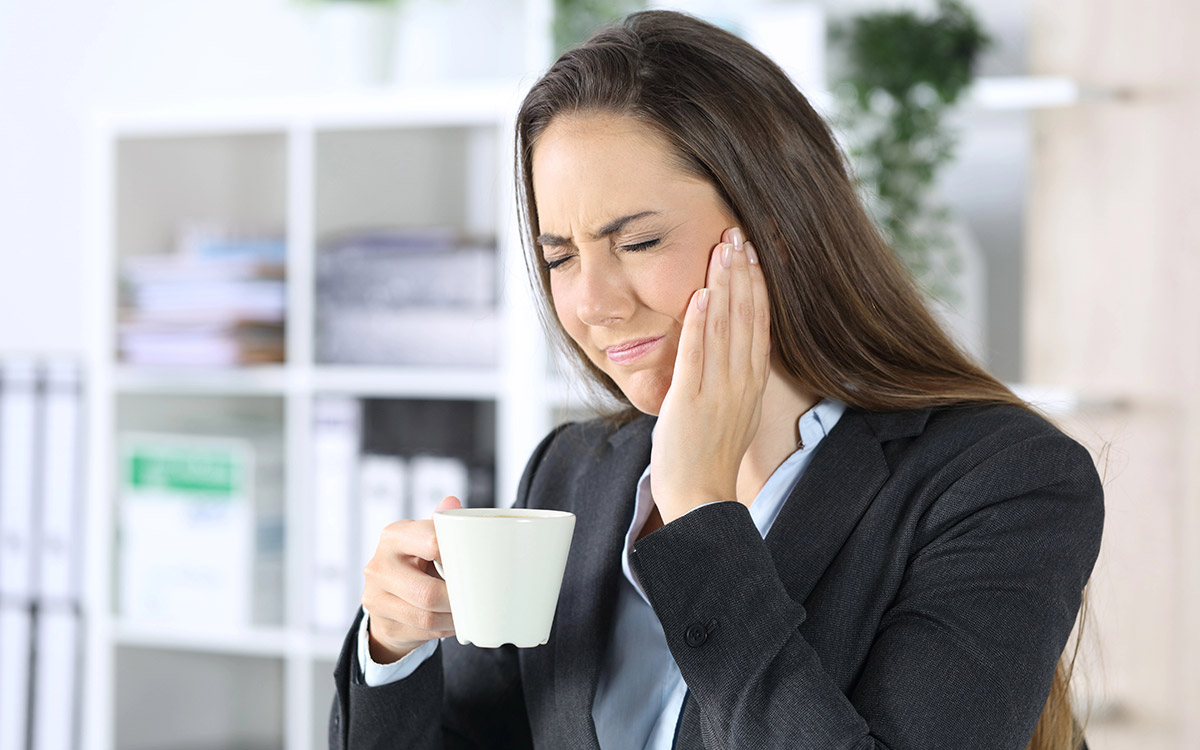We often fail to think of the more minor things when dealing with everyday activities. Breastfeeding, for example, is a natural occurrence where mothers provide nutrition to their young.
It has many effects on the mother and the child, mostly positive. Many people however, fail to consider the impact it has on the mother and infant’s dental health. We can tell you right now that it is surprisingly significant.
Learning about this impact will help mothers consider alternative feeding options for their infants to make the right decisions. Additionally, it will help the mother take care of their dental health better during this time.
Furthermore, it will guide the parent into proper dental healthcare for their child when they age. We have all this information available. So keep scrolling to learn more.
How Does Breastfeeding Affect The Infant’s Dental Health?
It helps build a better bite.
Studies show that breastfed babies consistently for the first six months of their lives were less likely to develop crooked teeth due to overbite, crossbites, and open bites.
Scientists linked it to the differences in sucking mechanisms of a bottle and nipple. Breastfeeding stimulates the lower facial muscles, toning and straightening the jaw. It likely reduces the risk of bite alignment.
It reduces the chances of tooth decay.
While breastmilk does not entirely remove tooth decay risks, breastfeeding exposes the baby to fewer bacteria, thus reducing the risk of infection.
Bottle-fed babies receive more germ exposure and are likely to develop cavities because of it. On the other hand, babies who are breastfed are at lower risk. Similarly, breast milk has a lot of antibodies that fight back against harmful bacteria in the body.
It helps in developing strong teeth.
Breast milk contains the essential nutrients needed to grow and thrive. This includes the nutrients that will maintain healthy teeth and gums once the teeth erupt. Breast milk has a lot of fatty acids that reduce inflammation. It also has proteins that build strong jaw muscles.
It helps in saliva circulation.
Breastfeeding helps your infant to produce and circulate saliva in the mouth. Saliva production and circulation are important because they flush bacteria from the mouth. This reduces the chances of bacterial infection.
It helps fight oral bacteria.
And finally, studies show that breast milk has components that fight oral bacteria. The proteins and antibodies in breastmilk prevent bacterial growth.
How Does Breastfeeding Affect The Mother’s Dental Health?
It increases the risk of tooth decay.
Many breastfeeding mothers develop tooth decay and cavities, even from pregnancy. The cause of this can be one of multiple things. Some breastfeeding mothers vomit a lot due to numerous factors.
Vomit washes the teeth with stomach acid, which erodes the enamel. This makes the mouth more prone to infection as the protective layer thins. Therefore, moms will develop cavities due to bacteria exposure.
Cravings could also force moms to eat more sugary stuff. Sugar mixes with mouth bacteria to form an acid that erodes the enamel.
This leads to cavities and tooth decay. Newborn moms also have their hands full with the baby. It can be challenging to keep up with dental hygiene in these moments. Sadly, this leaves them more exposed to bacterial infections.
It increases the risk of dental diseases.
Growing babies demand a lot of calcium. And studies show that the body can pull this nutrient directly from the mom’s bone mass. Therefore, some mothers will lose calcium from their bodies without realizing it.
If the mom does not get sufficient calcium, it puts them at risk of developing dental diseases such as gingivitis and periodontal disease. These gum infections damage the jaw bone, causing inflammation, redness, and pain in the gums. Without proper treatment, it can lead to tooth loss.
You could start grinding your teeth.
And finally, some studies show that newborn moms can develop teeth grinding habits due to facial and neck tension from breastfeeding. Teeth grinding can erode the enamel and make the teeth more sensitive.
How Can Breastfeeding Moms Take Care Of Their Teeth Better?
Breastfeeding is great for your infant. However, it may not have the same effect on you. However, this should not discourage you from providing the baby with all the nutrients it needs to grow. Instead, you should take a few measures to improve your dental health and keep your teeth healthy. Some of the tips to follow include:
Practice good oral hygiene
One of the best ways to avoid all the complications that come with breastfeeding is to take care of your teeth. It can be a little difficult to keep up with oral hygiene, but you must strive to make it work. Put yourself on a daily schedule and include time to brush twice and floss at least once.
Eat more calcium
You are probably losing calcium because the baby needs it. Therefore, you have to increase your calcium intake significantly. Eat more green leafy vegetables such as kale. Soya drinks with added calcium are good, as are dairy foods. Fish like sardines are another excellent source of calcium so eat more of those.
Drink water
Staying hydrated will help significantly with keeping mouth bacteria at bay. For starters, it will prevent dry mouth, which triggers bacterial growth. Secondly, it will flush away bacteria from the mouth and teeth. It will keep your mouth moist and free from bacteria growth. Drink more water, not sodas and other sugary drinks.
Adjust your diet
You need to incorporate healthy foods into your diet to keep your mouth bacteria-free. Avoid sugar as it can erode the enamel once it mixes with bacteria.
Snack on healthy foods like carrots to keep your jaw and teeth strong. Ensure that you chew sugarless gum and stick to teeth-friendly foods throughout this time. It might be challenging, but it will be worth it.
Visit your dentist often.
And finally, do not skip your dental checkups. Find a babysitter and visit your dentist for screening to determine if you are at risk of any diseases.







